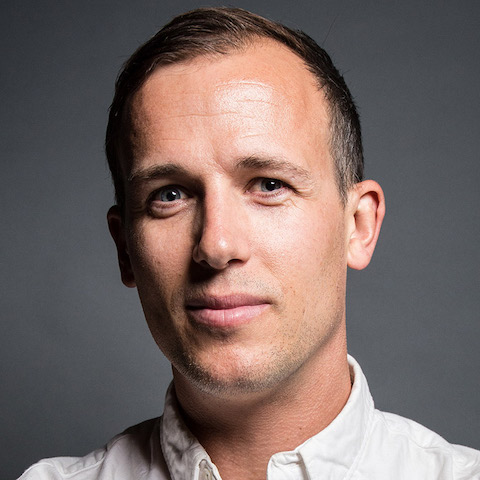
About Daniel Burka
Daniel Burka is a product manager and designer who focuses on solving complex global health problems in simple ways. He is the director of product and design at the not-for-profit Resolve to Save Lives, where he leads the open source project, Simple.org. Simple is used by thousands of hospitals in India, Bangladesh, Sri Lanka, and Ethiopia to manage over 3.2 million patients with hypertension and diabetes.
Daniel is also on the board of Laboratoria, a not-for-profit based in Peru helping Latin American women build successful careers in tech. In 2021, he founded the open source project Healthicons.org to provide free icons to healthcare projects around the world. Daniel is a member of Adobe's Design Circle, which grants scholarships to a diverse group of designers each year.
Previously, Daniel worked in Silicon Valley as a founder of tech startups Digg, Pownce, and Tiny Speck (became Slack) and was a design partner at Google Ventures for 5 years. He co-founded the Canadian design agency silverorange, which is now over 20 years old.
Can designers save lives? Not by themselves
One of the best aspects of working at the intersection of tech and public health is that the "purpose" is clear: creating well-designed systems with the potential to help healthcare workers save lives. Public health programs affecting millions of patients in places like India, Bangladesh, Sri Lanka, Ethiopia, and Nigeria are largely untouched by professional designers.
There is enormous potential to improve patient care by bringing user-centered design principles to large-scale public health programs.
To succeed, good design has to be close to the core of policies and planning that are driven by epidemiologists and government officials. Should governments hire large teams of designers? Sure, but not likely. In this talk we'll discover how bringing a user experience design mindset to policy-makers is the key to improving patient outcomes.
Find your next opportunity or post open roles quickly and easily.